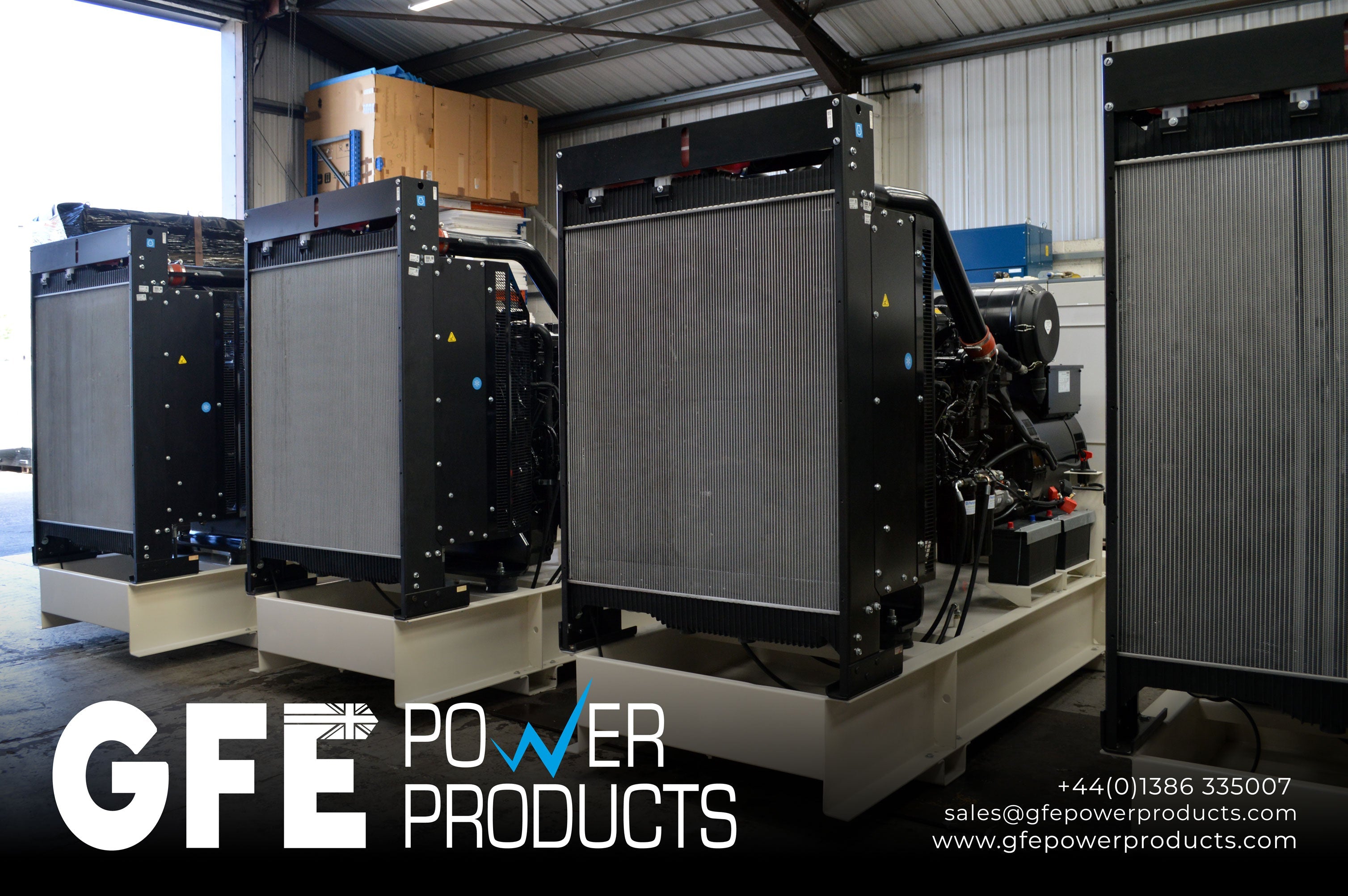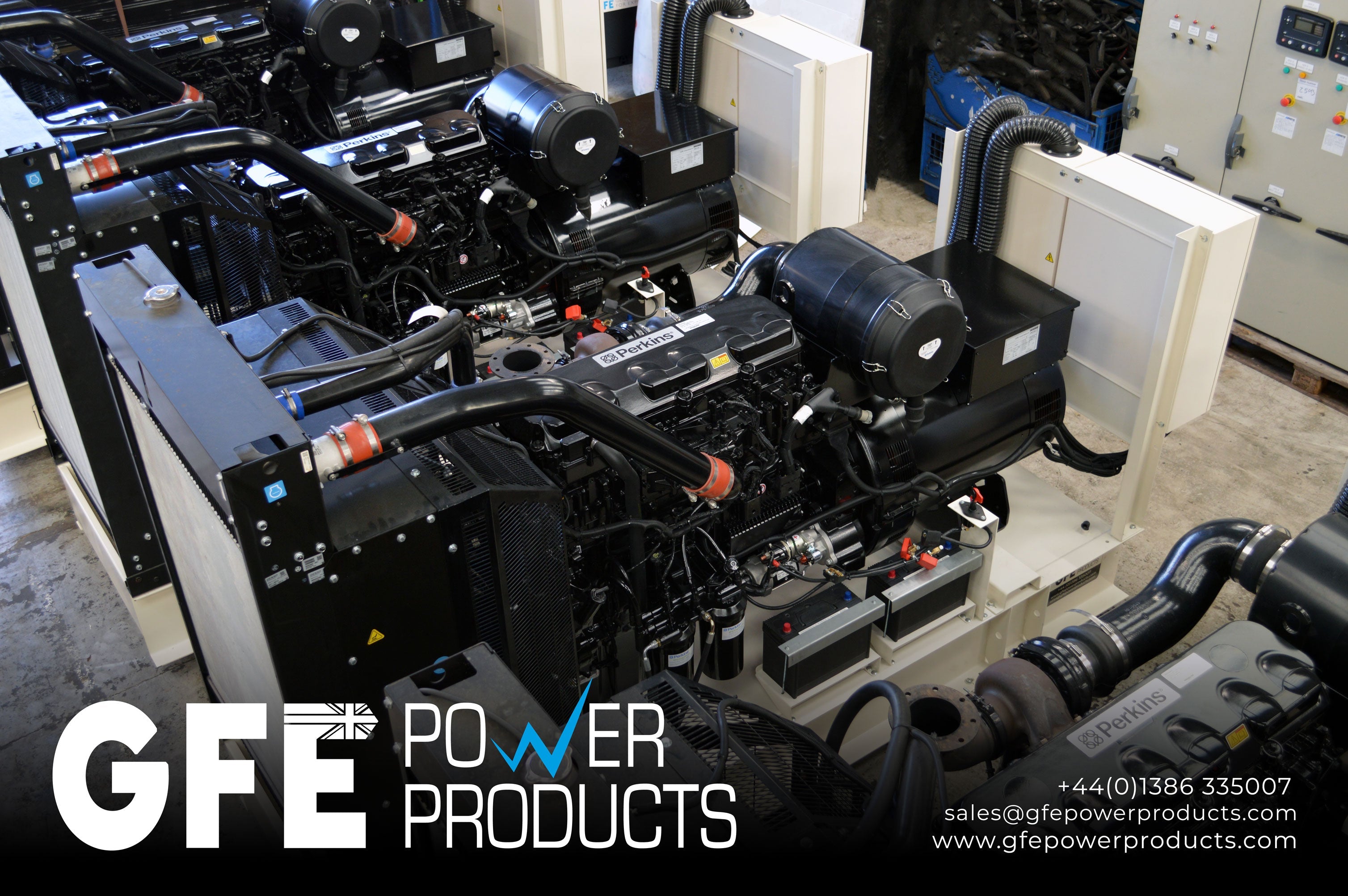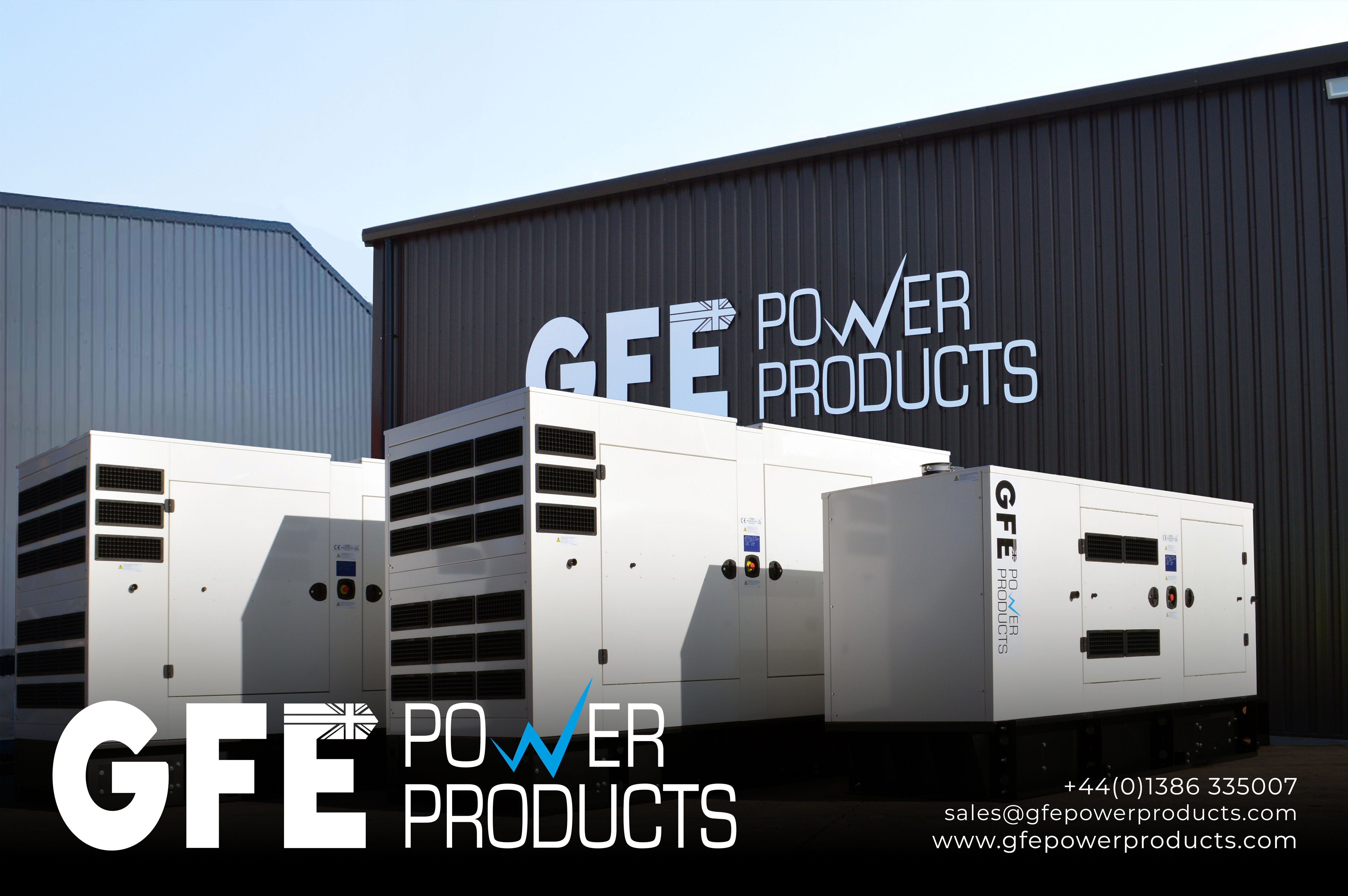
How Do I Safely Start A Generator in Cold Weather?
Starting and running an industrial diesel generator in cold weather requires special considerations to ensure optimal performance.
Here are some tips to help you with this:
Check the fuel quality used in your generator
Ensure that you use high-quality winter-grade diesel fuel with a low cloud point and proper additives to prevent fuel gelling in cold temperatures. Diesel fuel with a higher cetane rating is preferable for better cold-start performance.
- Fuel Stability: Poor-quality fuel or fuel that has degraded over time can lead to issues such as clogging of fuel filters and injectors. In winter, when temperatures drop, the likelihood of fuel gelling or becoming thicker increases. This can hinder the flow of fuel and affect the overall operation of the generator.
- Cold-Weather Starting: Lower-quality fuel may have a higher concentration of impurities that can interfere with the starting process of the generator, especially in colder temperatures. Poor-quality fuel can lead to difficulties in starting the engine, which can be particularly problematic in emergency situations when reliable power is crucial.
- Efficiency and Performance: High-quality fuel ensures that the generator operates efficiently and provides consistent power output. In contrast, poor-quality fuel may lead to inefficient combustion, reduced power output, and potentially increased maintenance and repair costs over time.
- Fuel Consumption: Inefficient combustion due to poor fuel quality can result in increased fuel consumption, leading to higher operating costs. This can be especially problematic in the winter when generators may need to run for extended periods to provide heat and electricity in cold weather conditions.
Preheat your generator's engine
Use a block heater or coolant heater to preheat the engine before starting. This helps to raise the temperature of the engine block and oil, making it easier to start and reducing wear on engine components. To source a block heater, contact the GFE Power Products team.
- Improved Lubrication: The block heater helps to warm the engine's oil, reducing its viscosity and ensuring that it can flow more easily through the engine. This improved lubrication minimises friction and wear on the engine's moving parts during start-up, thereby extending the engine's lifespan.
- Easier Starting: By preheating the engine block, the block heater makes it easier for the engine to turn over, even in extremely cold temperatures. This reduces the strain on the starter motor and battery, ensuring a smoother and more reliable start.
- Reduced Wear and Tear: Starting a cold engine without a block heater can cause additional stress on various engine components, leading to increased wear and tear over time. By using a block heater, the engine can start more easily, minimising the strain on critical parts and promoting overall longevity.
- Energy Efficiency: A block heater can also contribute to energy efficiency by reducing the time and energy required to start the generator. This is particularly important in situations where generators need to start quickly and reliably during emergencies or power outages.
Allow the generator to warm up gradually before applying heavy loads. This helps the engine reach its optimal operating temperature and reduces stress on engine components during start-up. If possible, provide a heated enclosure or shelter for the generator to keep it protected from extreme cold and wind chill. This helps maintain a more favourable operating temperature.
Provide your generator with regular maintenance
Perform routine maintenance tasks according to the manufacturer's recommendations. This includes checking and replacing fuel filters, inspecting electrical connections, and ensuring all components are in good working order.
- Battery Maintenance: Cold weather can reduce the cranking power of batteries. Regularly check the battery charge and ensure it is in good condition. Consider using a battery blanket or insulation to keep the battery warm and maintain its performance.
- Lubrication: Use the recommended cold-weather oil or multi-viscosity oil that is suitable for low-temperature operation. This ensures proper lubrication of engine components during start-up and prevents damage.
- Coolant: Ensure that the engine coolant has the appropriate antifreeze mixture to prevent freezing and ensure optimal engine temperature during operation. Use a coolant with a lower freezing point suitable for the expected cold temperatures.
- Air Intake and Filters: Check the air intake and filters for any blockages or restrictions caused by ice or snow build-up. Clean or replace filters as necessary to maintain proper airflow.
- Monitoring and Testing: Continuously monitor the generator's performance and temperature during operation. Use appropriate instrumentation to ensure that all parameters are within the recommended ranges.
Remember to consult the generator's user manual or contact the manufacturer for specific recommendations and guidelines tailored to your particular generator model. For help and advice on preparing your generator for Winter, contact the GFE Power Products team today.
Phone: +44 (0)1386 335007
Email: sales@gfepowerproducts.com



